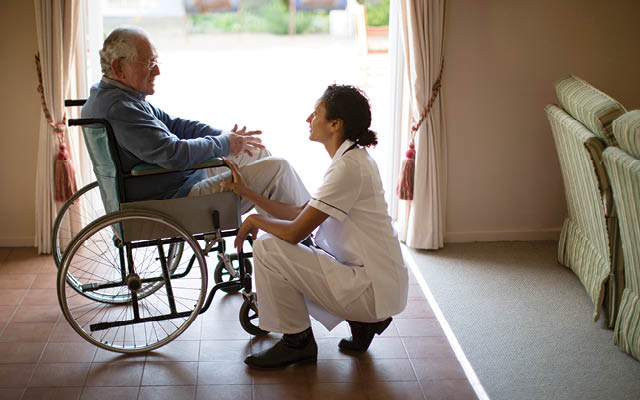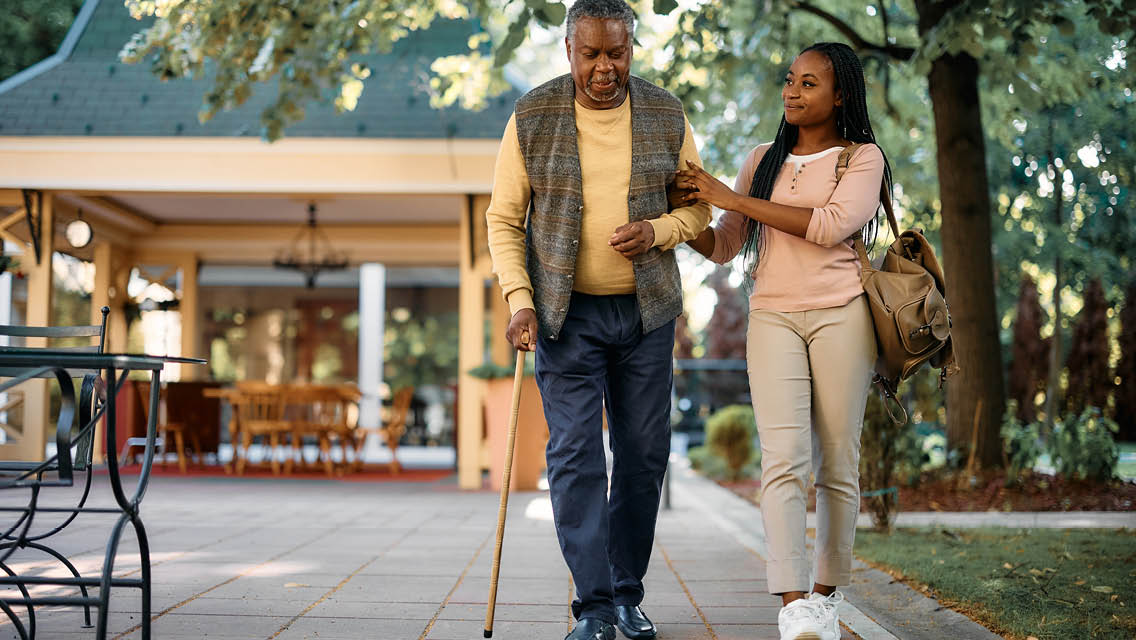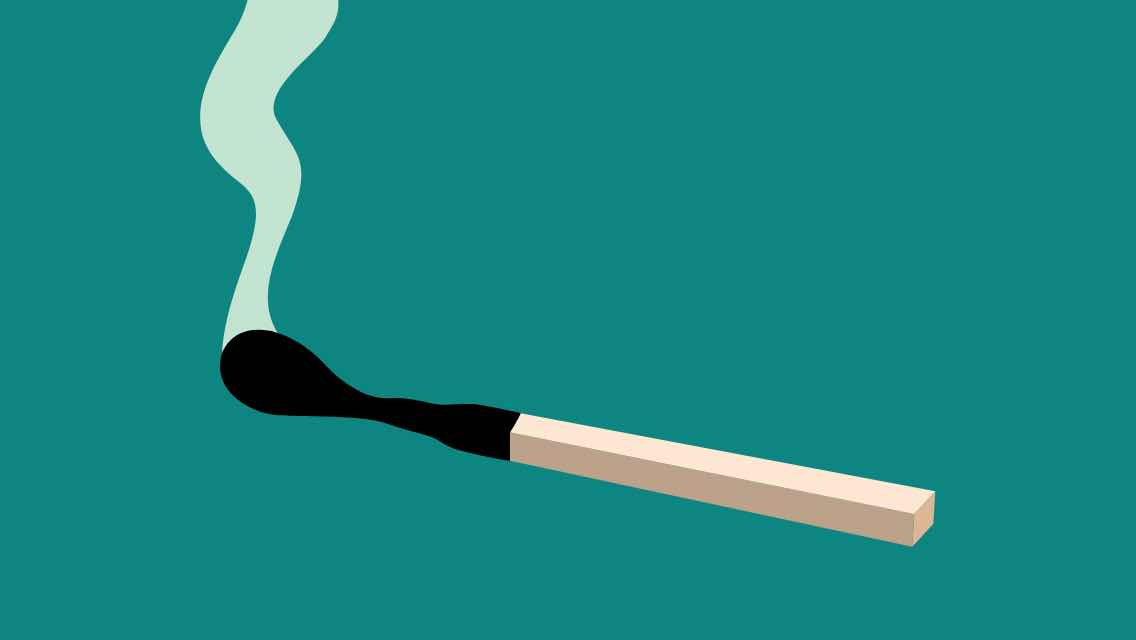Caregivers and others who work with people in distress and trauma on a regular basis have intensely emotional jobs. Though their exhaustion is often identified as burnout, many experts put it in its own category: vicarious trauma.
“With vicarious trauma, there really is a permanent shift in one’s worldview,” says Laura van Dernoot Lipsky, MSW, author of The Age of Overwhelm: Strategies for the Long Haul. “Once you’ve experienced and borne witness to trauma, you don’t go back to a time of not knowing.”
The effects of vicarious trauma can be profound for those it affects — as well as their friends and family. Many begin to suppress their emotions when faced with suffering. They may also engage in inappropriate behavior and experience isolation, nightmares, and flashbacks.
As with burnout, people suffering from vicarious trauma might see their job performance suffer, but because their work often involves caring for others, the consequences can be far-reaching.
“This is a situation of great suffering and intractability, trying to deal with a system unresponsive to people’s needs,” says mindfulness teacher Sharon Salzberg, who has worked with burned-out caregivers. “One through line is a feeling of being unappreciated. And in many situations where people need clarity, balance, and equanimity, there’s often very little, and that exacerbates the exhaustion.”
Van Dernoot Lipsky emphasizes the complex interplay of factors for people in caring occupations. Many individuals attracted to this work have experienced trauma in their own lives, or they struggle with lifelong patterns of putting others’ needs before their own. Their intense desire to help others at their own expense can lead to a spiritual and physical state of distress.
While she acknowledges that the situation is complex and difficult to resolve, she does offer hope. “The goal is to create the conditions to help you metabolize what you’ve borne witness to,” she says. “Over time, it can contribute to even more compassion and deeper empathy.”
This originally appeared as “Braving Burnout” in the March 2020 print issue of Experience Life.




This Post Has 0 Comments